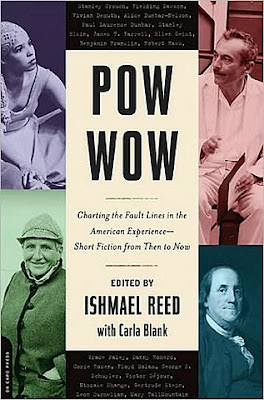Japanophile _ Part 4
A story by Yuri Kageyama
They smiled sheepishly beneath long spiky brownish bangs _ their photos, lined up one by one in the doorway to the entrance.
“Do you have a preference?” the waiter asked.
I had to get the No. 1.
That was the only reason I was here.
I was prepared to pay a small fortune, maybe 100,000 yen for this service at a host bar in Tokyo’s Shinjuku.
But the anxiety must have been obvious as the waiter tells me there is a discount for first-time women customers, and the first drink is on the house.
The place is not as dark or as big as I expected.
It looks much like any bar with the overdone felt chairs, the giant glitzy chandelier hanging from the ceiling.
A mirror ball circles lazily over a tiny dance floor, just a corner where the tables have been nudged over.
The host wearing what looks like a cheap suit that is probably very expensive sits across from me.
“What are your hobbies? Tennis? Oh, I just love tennis.”
Finally the No. 1 finds time in between chatting with the bar women who frequent the host bars to come to my table.
This is what he says:
I saw him every day, always sitting with the homeless guys next to the theater in Kabukicho.
He was so tanned I could barely make out his looks, but I thought he could make a good host.
He was so pathetic. But he reeked this survival strength from his entire being that I liked.
He was learning how to help clean up the manga magazines the homeless guys had collected so they could sell it and get money.
I hear the homeless guys were giving him 1,000 yen here and there.
Otherwise, he would never have really survived, despite that strength I told you about that he was reeking.
One day, I told him to follow me, and I took him to the soba joint around the corner from the theater.
“Give him a bowl with everything on top, zenbunose,” I said.
He looked startled like he had never had noodles with everything on top.
It was just 1,280 yen. Nothing for me.
But maybe it was something he hadn’t had for a while.
I couldn’t believe what I was hearing.
Why had my son been there at a dingy theater district, of all places, so helpless he needed to count on the mercy of homeless people and a host?
At the same time, I was filled with gratitude toward what they had done for him.
And I hated myself for not having seen through what could have possibly sent him to this fate.


